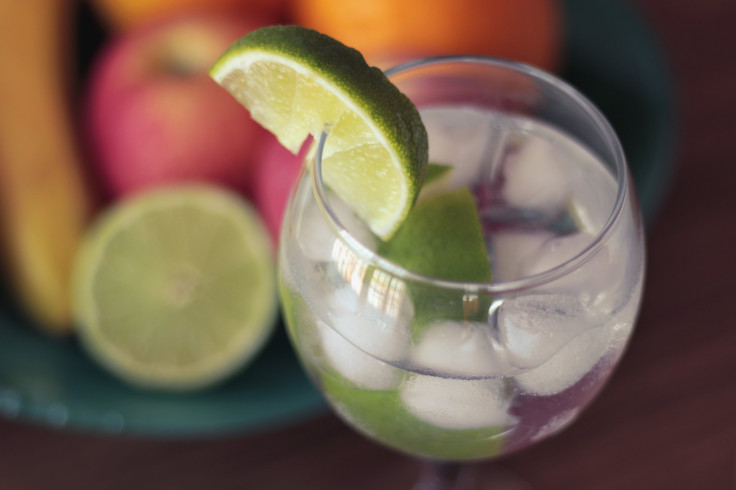Mixing Energy Drinks With Alcohol Makes You Drink More: The Reason Why You Get So Wasted On Vodka And Red Bull

Red bull and vodka may be a staple at any college party or nightclub, but a recent study suggested that there may be a hidden danger in this popular party drink. According to a recent study, combining alcohol with high-caffeine energy drinks results in a greater desire to continue drinking alcohol, more so than if you were to drink alcohol alone or with a non-caffeinated beverage.
For the study, now published online in the journal Alcoholism: Clinical and Experimental Research, scientists from the Research Society on Alcoholism studied the effects of energy drinks combined with alcohol (AmEDs) by asking 26 adult social drinkers (half male and half female) to drink alcohol and energy drinks both alone and in combination with one another.
Over the course of six days, the volunteers received one of six possible beverages: vodka and a decaffeinated soft drink; vodka and a medium energy drink; vodka and a large energy drink; a decaffeinated soft drink; a medium energy drink; and a large energy drink. After each session, the participants rated their desire for alcohol, and their breath alcohol concentration was also measured.
Results revealed an interesting trend: The participants’ desire to drink more alcohol was higher when they consumed alcohol along with a high-caffeine energy drink, compared to consuming the same amount of alcohol alone. According to the researchers, these results are consistent with animal studies which also showed that caffeine seemed to increase the desire to consume more alcohol. Although the reason for this is not entirely clear, the team believes it may be because caffeine has a way of increasing the rewarding properties of alcohol.
This is not the first time the consumption of energy drinks has been associated with making poor decisions. In fact, Middlebury College, in Middlebury, Vt., went as far as to ban the sale of these beverages on campus due to their association with “problematic behavior," such as risky sex and alcohol abuse. This claim is not unwarranted: A study conducted at Dartmouth's Norris Cotton Cancer Center found that American teenagers between the ages of 15 and 17 who mix energy drinks and alcohol are four times more likely to develop an alcohol use disorder compared to teens who have never experimented with this combination.
Although it's not entirely clear why energy drinks tend to increase drinkers’ risk-taking behavior, the U.S. Food and Drug Administration banned the sale of pre-mixed energy drinks combined with alcohol (AmEDs), such as Four Loco, as an attempt to restrict this beverages’ consumption.
Energy drinks have been under criticism for many years now, and research has found they come with certain health risks in addition to increasing risky behavior. For example, a study released earlier this year at a meeting of the American Heart Association in Phoenix concluded that consuming high volumes of energy drinks may increase the risk of having an abnormal heart rhythm and high blood pressure.
For the study, a team of researchers examined the heart rhythm and blood pressure of 27 healthy adults before and after they had consumed energy drinks. Those given the energy drinks experienced worrying changes in heart rhythm and blood pressure, while they found no changes in measurements for the group given a placebo.
Source: Marczinsk, CA, Fillmore MT, Stamates AL, Maloney SF. Desire to Drink Alcohol is Enhanced with High Caffeine Energy Drink Mixers. Alcoholism: Clinical & Experimental Research. 2016.



























